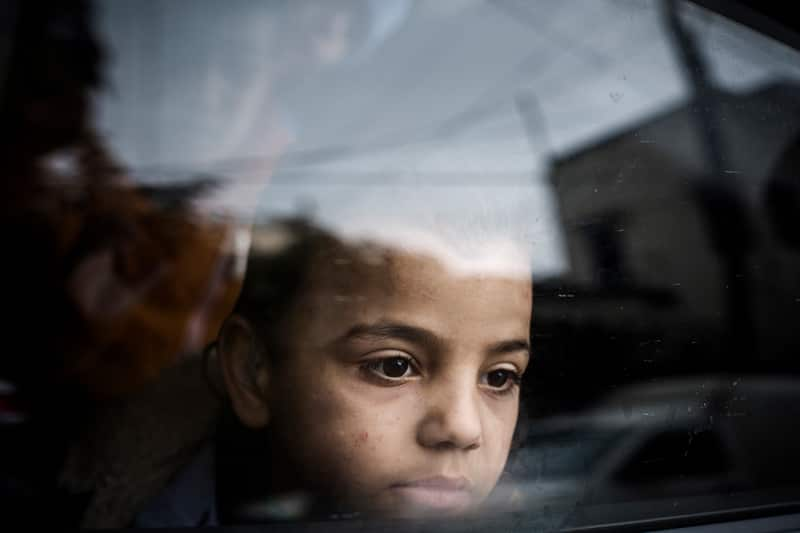It's been seven years since the Syrian conflict began and with no end in sight, there are calls for Australia to do more to help Syrian refugees fleeing the crisis.
Paris Aristotle from the Settlement Services Advisory Council told SBS News the success of the special intake of 12,000 Syrian and Iraqi refugees, who have arrived in Australia in the past three years, shows the country has the ability accommodate refugees.
“That proves to us that if the government was inclined to do more of that type of thing we would be able to manage that and handle it effectively,” he told SBS News.
“I think many countries around the world need to step and give more and Australia should contribute to that and be part of that.”
How successful has Australia’s resettlement been?
As of March 2017, all 12,000 spaces from the special intake have been filled.
The Syrians and Iraqis from cohort have since settled in not just the major cities but regions like Cairns, Townsville, Toowoomba, Coffs Harbour, Newcastle, Wagga Wagga, Wollongong, Geelong, Wodonga, Melbourne, Shepparton, Hobart, and Launceston.
They were able to resettle in about 18 months.
Mr Aristotle said while there were initial concerns about how the thousands of new arrivals would be resettled, it was a successful program because it was well-managed and appropriate checks were put in place.
“Doing it as managed way as possible with generous programs and transparent systems, that comply with international obligations always makes a difference," he said.
Australia’s overall humanitarian program is also very generous, he added.
“If the EU had a settlement quota the same size as Australia’s on a per capita basis, it would be around 360,000 people per annum," he said.
“If they had a resettlement quota of that size then the way they responded to the Syrian and Iraqi crisis could have been much different to how that has unfolded.”
How other countries responded
Australia’s experience was much different to that of Europe’s. While Australia had a managed, one-off extra intake, Europe was inundated with a massive and unregulated influx of asylum seekers from 2015, putting inevitable pressure on social structures and leading, in many countries, to a public backlash.
Sweden saw arrivals double between 2014 and 2015 when 160,000 asylum seekers arrived, Swedish Migration Expert Pieter Bevelander told SBS News. One-third of those were Syrians.
“In the end, Sweden couldn't handle it and that's why they had these border controls and stopped basically the intake,” he said.
The intake in Sweden now is on the 2010 levels of about 30,000, he added, with about 70 per cent of applications approved.
But he’s confident the situation would subside, saying Sweden also had a similar problem when 80,000 Bosnian refugees arrived. Most of those are working now.
“In the end, it will be the same story: everyone is worried now but in the long run people will integrate into society.”
Finland saw 30,000 asylum seekers arrive, though the majority were from Iraq.
“Finland is kind of like the New Zealand of Europe,” Tuomas Martikainen from the Finnish Migration Institute told SBS News.
“So many people came, it took everyone by surprise, and the system had to cope with a number that was almost ten times higher than the usual intake of asylum seekers per year."
Initially, the refugees were welcomed, but things changed.
"People started to question 'Will this end? How many more people will come? How will we cope?' and then of course you had the reaction against.
“So you had both sides of the coin, but I would say that the majority of the population was very compassionate, and the government did the best it could."
What can be done about Syria?

Source: UNHCR
Seven years of the conflict has cost 354,000 Syrians their lives, according to the Britain-based Syrian Observatory for Human Rights.
Almost 12 million Syrians - half the population – have fled their homes.
The UN Refugee Agency said until a political solution to the Syrian conflict can be found, aid is crucial and urgently needed.
“Conditions on the ground are extremely volatile,” Australia for UNHCR’s Naomi Steer said in a statement.
“We urgently need funds to replenish supplies and provide shelter, emergency nutrition and clean water.”
Share

